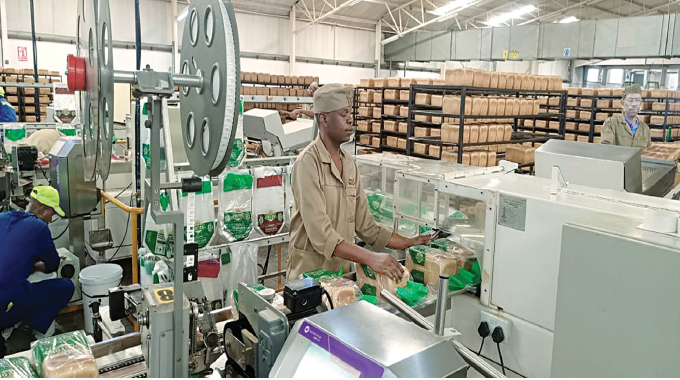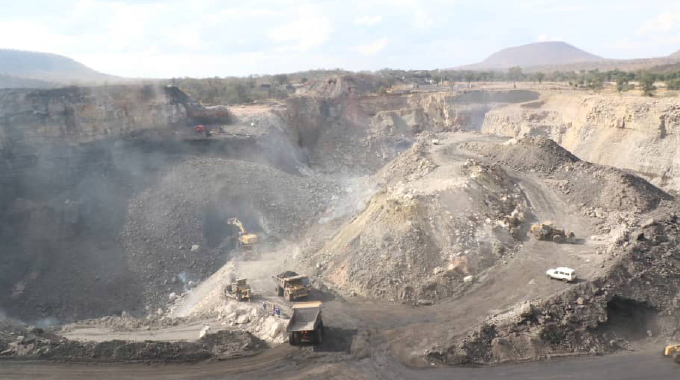Govt sets up e-procurement facility
Oliver Kazunga, Senior Business Reporter
THE Government has set up an e-procurement system to bring transparency in the business environment by removing revenue leaks related to inefficiencies and corruption.
Speaking during a workshop held in Bulawayo yesterday to sensitise the private sector about e-procurement, senior principal director in the Office of the President and Cabinet, Mr Solomon Mhlanga, said the Government was undertaking a number of economic reforms in the context of improving the ease of doing business.
“One of the projects is to modernise public procurement processes. With the support from the Zimbabwe Reconstruction Fund that is coordinated by the World Bank on behalf of the Government, the State Procurement Reform is developing a new law that is under review by Parliament,” he said.
Mr Mhlanga said if enacted, the new law shall repeal the existing Procurement Act (Chapter 22:14).
The view is to ensure the new legislation meets the needs, demands of the general citizenry and standards obtaining at the international level.
“The reform was further in recognition that our Procurement Act was now antiquated and no longer in sync with the current dictates and demands of modern procurement systems both regionally and internationally. There was also recognition of the fact that public procurement is an indispensable economic activity for good governance, financial management and sustainable development,” said Mr Mhlanga.
The e-procurement system is part of the e-Government programme encapsulated in the Results-Based Management (RBM) system Government adopted recently. The modernisation aspect of the SPB will culminate in the establishment and implementation of an e-procurement system in Zimbabwe as part of the e-government programme.
Studies by Government and various partners have shown that revenue is being lost through an inefficient, costly and time-consuming tendering process that is prone to corruption. Reforms will do away with the paper-based procurement system.
Mr Mhlanga said the Government further needs to tap into the potential of procurement as a strategic policy lever to advance socio-economic and environmental objectives that can only be achieved by the review of the legislative and institutional architecture of the national procurement system.
“Economic development in Zimbabwe will only be achieved by optimal usage of the available resources in the interest of the public leading to value for money service provision to all stakeholders, including the Government,” he said.
Mr Mhlanga said modernising public procurement was aimed at achieving the reduction of bureaucratic procedures, inordinate delays and inefficiencies, which ultimately become a fertile ground for unbridled corruption and other forms of malpractices.
He added that the Public Procurement and Public Assets Disposal Bill under consideration by Parliament will regulate all the stages of the procurement cycle.
The reform project, he said, would achieve decentralisation of public procurement to procuring entities. “It now recognises that procurement activities are technical and that the procurement activities are technical and that the procurement process needs to be managed by procurement experts organised in procurement management units,” said Mr Mhlanga.
— @okazunga.









Comments